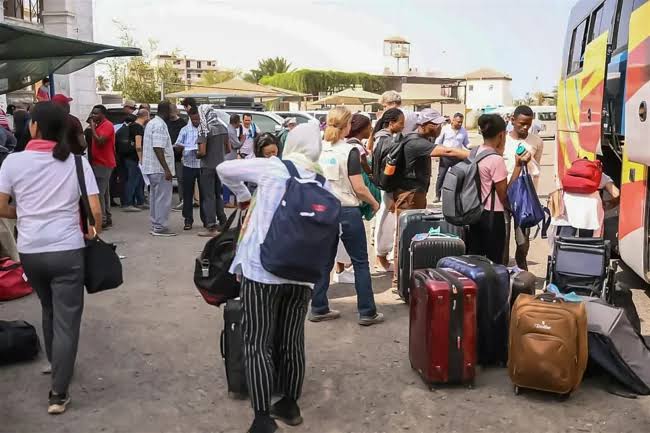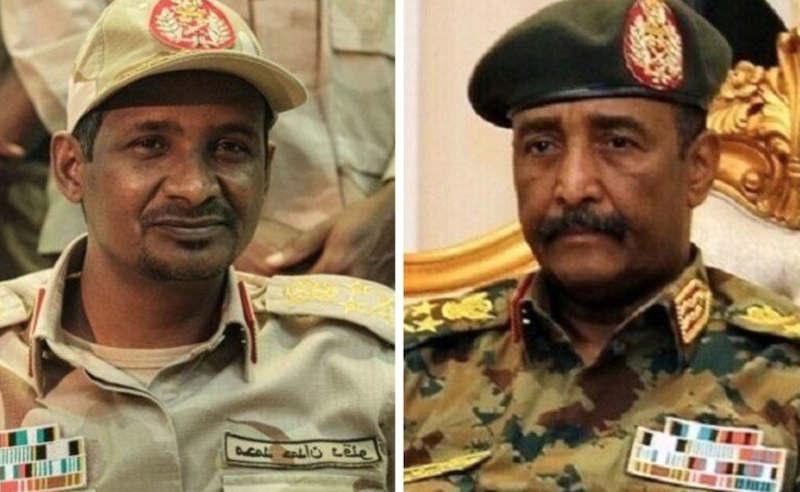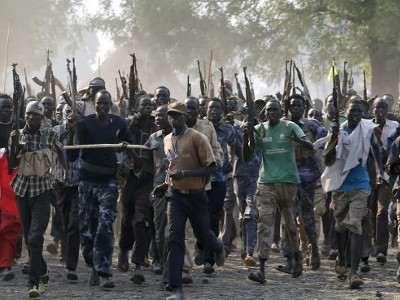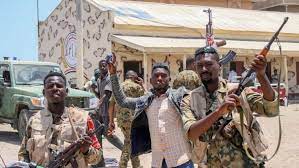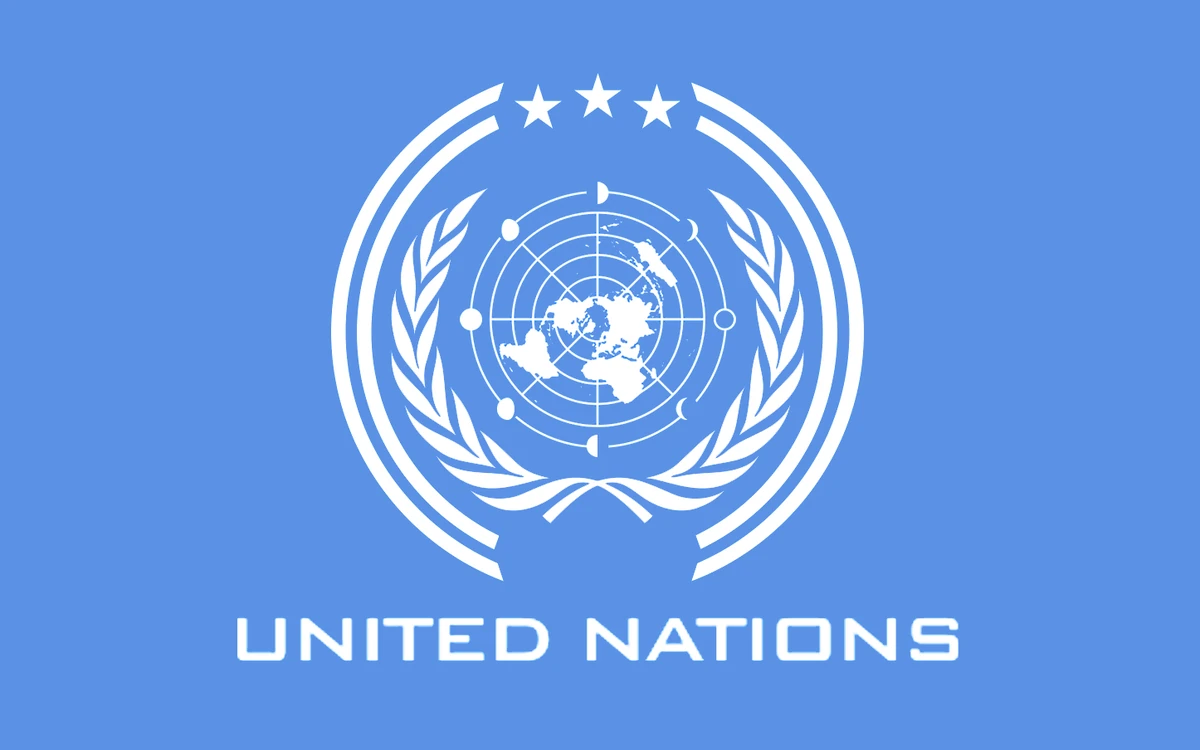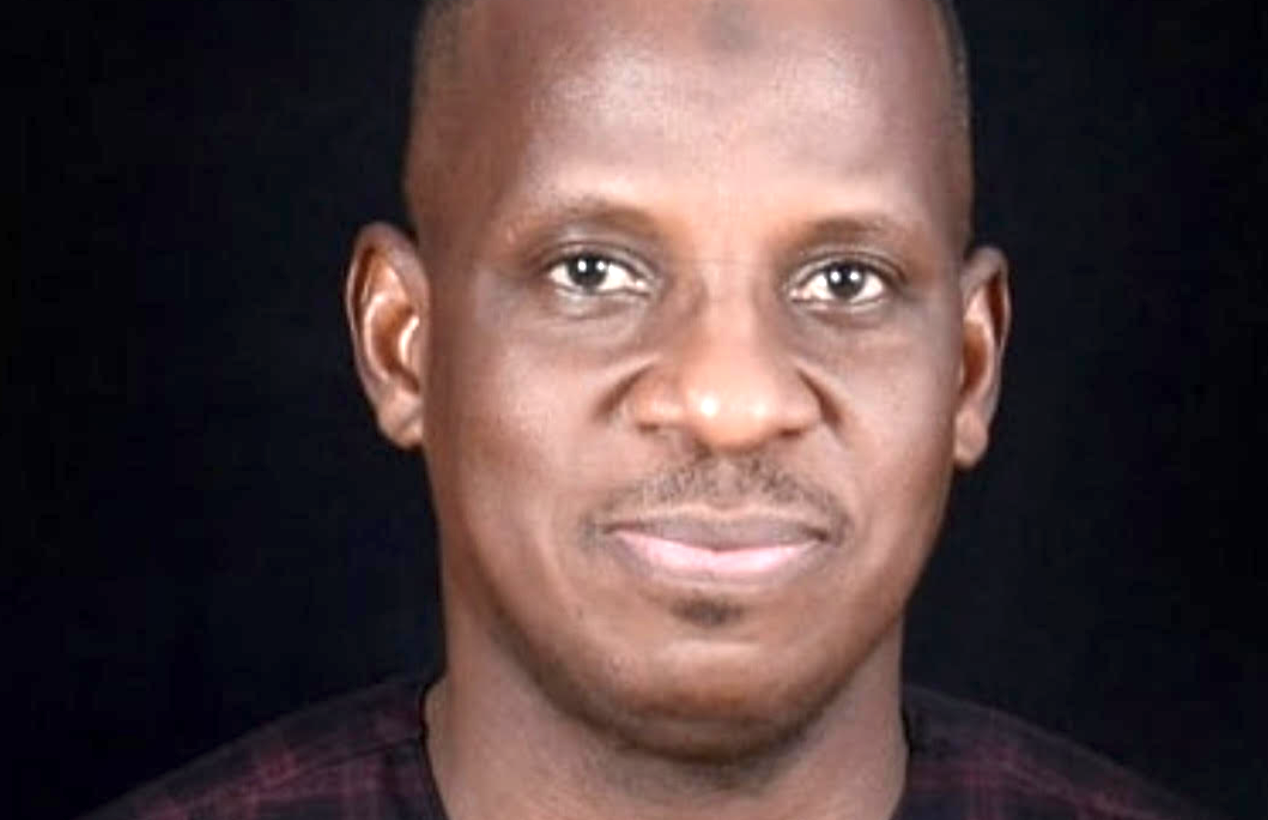By Ali M. Ali
“…But the Nigerian government always disappoints, and that is precisely what they are doing in Sudan…” Reuben Abati May 4, 2023
Let me state upfront that I am a parent to one of the just evacuated students trapped in war torn, Sudan. His mother and me were hugely relieved when the Max Airline flight 611 from Azwan in Egypt touched down at the pilgrims wing of the Nmandi Azikiwe International Airport, Abuja by 10.45am on Sunday May 7, 2023.
Reuben Abati’s recent and viral treatise titled “Nigeria: Stranded in Sudan” inspired this engagement.It made a compelling read, I hasten to admit. It was a brilliant exposition on the forces and interests at play in the current internecine carnage in that beleaguered nation.
Most of his insights were astounding. He actually hit the bull’s eye. A lot of it were, however, bull, completely off mark, especially where he dismissed, in unflattering diction, the efforts of the Nigeria
Government encapsulated in several agencies involved in the evacuation exercise.
He was spot on, for example, in identifying Sudan’s strategic location around the Red Sea and its “rich resources in gold and oil reserves as well as gum Arabic” as irresistible allure to these foreign master puppeteers fueling this conflict, causing loss of lives, indescribable destitution and displacing hundreds of thousands of people.
The raison d’etre of the raging hostilities, according to Abati, and he was right, is the continued scramble for Africa by the great powers of the West.
We are witnessing a full-blown proxy war. Indeed, scholars, historians and even subjective journalists like Abati are agreed that Africa’s vast natural resources and effeminate political leadership, have made the continent vulnerable to predatory nations of the world.
At this precise moment, literally tens of thousands of people are scampering across that vast arid country crossing borders into South Sudan, Chad, Ethiopia, Egypt and Central Africa Republic, for safety. Some of these listed countries are strife ridden!
Within seven days of the conflict, over 400 people reportedly perished in that country, which has, for long, been battling punishing sanctions, imposed by the West.
According to the United Nations Refugee Agency, 334,000 have been internally displaced and another 100,000 made to flee the country.
Abati queried the slow response of the authorities, comparing Nigeria’s sluggish pace with America’s rapid response in the evacuation of her citizens. Comparing Nigeria with the US however, is otiose. Here, I should say that he demonstrated a certain degree of naiveté in international politics and in conflict situations.
The US, inspite of her mighty military and economic muscles rescued a “mere” 70 embassy staff in an expensive helicopter mission by its elite SEAL An estimated 16,000 US private citizens are still left in the lurch!
The US government said, “It was too dangerous” to get its citizens out at the time Nigeria was organizing to evacuate an estimated 3,500 citizens, most of them students and at no charge.
There is an estimated three to five million Nigerians in Sudan. Nigeria might have being slow a little in starting off the evacuation but it covered sufficient grounds in moving the displaced from the main theatre of war in Khartoum.
The US has a military base in neighboring Djibouti. It is less than 1,200 kilo metres to Khartoum. By air, it is two hours.
Abati wondered if we had a “functioning Naval Vessel that can provide transportation from Port Sudan to Nigeria..?”
Clearly this was not a rhetorical question.It is a derision and cynicsm coming from this writer who sees the cup as half empty!
The nation has a vessel.It would take almost a month for the Nigerian Navy to berth its recently acquired logistics vessel “ NNS KADA” at Port Sudan to evacuate a mere 500 citizens and spend another 26 days to return.
NNS KADA is a multi purpose warship. It is equipped with a flight deck, Roro space, cargo deck, supply store and ammunition. She is the biggest war ship in West Africa and one of the biggest on the continent. Its maiden mission to Guinea Bissau was a resounding success.
Abati should know this.The story of this ship was all over the place last year.
Flight time to Khartoum is almost five hours. It makes greater sense therefore, to fly rather than to ask the Navy to mobilize from Lagos to Port Sudan in moments of emergencies like the one currently in Sudan.
I am certain that Abati is aware that in the event of war, evacuation process is often anchored on air freight. That explains why the Americans stormed Khartoum in three MH-47 Chinook helicopters from Djibouti refueling in Ethiopia and flew for three hours to evacuate 70 embassy officials!
Again,he wondered why it was costing the sum of $30k to hire a bus from Khartoum. This is war. It is ugly. It costs money. I am not justifying the cost. I am being realistic.
In war, lives are wasted needlessly. How much more money? Abati ought to know this. He was in government, after all, as the mouthpiece of the President.
He should know that war economy is different. A fundamental economic principle of demand and supply says that if demand outstrips supply, there will be shortage and prices, will rise. We see that during festivals or fuel shortages. Every festive season, transporters hike fares, commuters and travellers lament. They still go on the voyage. How much more during war?
How much more in a country suffering suffocating economic sanctions? Sudan is delinked from the global financial circle.
Besides, navigating through the arid region of Sudan is a herculean task. The desert is known to literally “swallow’ vehicles in the event of a sandstorm or a blizzard.
A retired soldier who served in a peacekeeping operation in Sudan educated me on the tough terrain. According to him, a trip that normally lasts a day or two in Nigeria may take weeks in Sudan unless you are accustomed to navigating that landscape.
Vehicular travel is risky. Apart from hostile natural elements, there are all manner of criminal elements dotting the landscape.
The bus evacuating my son from Khartoum to Waidi Halfa got stuck in the sand and they had to dig it out wasting 10 hours in the process. Desert scorpions stung some of the volunteers in the effort to liberate the vehicle.
It was an indescribable feeling therefore,to have your kid home after days of anxiety as you daily come face-to-face with grisly details of a terrible sojourn and a misguided military action.
My son was just 7 months shy of bagging an MBBS at the Sudan International University in Khartoum.
He would turn 22 in October, the month he would have written his final examination. Now, he faces an uncertain educational future.
I witnessed, first hand, the supreme efforts put up by the federal government of Nigeria through its various agencies involved in the evacuation process.
Several WhatsApp platforms united jumpy parents, nervous government officials, edgy students and curious journalists for the common purpose of sharing information on the debacle rocking Sudan presently.
One of such platforms was actually set up by the Nigeria Diaspora Commission (NIDCOM) chaired by Mrs Abike Dabiri Erewa.
Again, I witnessed, first hand, the grit of Dabiri Erewa. She was running from pillar to post answering questions, attending to inquiries, making occasional television appearances explaining and elucidating to largely unimpressed citizens.
She demonstrated an unusual grace in handling cantankerous parents and fabricators of fake stories. She shrugged off personal insults and waltzed through the thick wall of cynicism with the elegance of a ballerina.
Mrs Dabiri-Erewa scored big with most parents in that group. I am one.
She constantly assured and reassured us even though some of us made the extra efforts to seek alternative sources of information.
As a reporter myself, I was in touch with the foreign affairs minister, a calm technocrat, getting across to some officials at Nigerian embassies in Sudan and Cairo that I know personally.
My son too, being a students leader, was in constant communication with NEMA officials at the border with Egypt and embassy officials in Cairo before they were airlifted in the wee hours of Sunday.
I share totally Abati’s position on Egypt. I am of the considered opinion that we should have made it clear to that country what their action represented-hostility!• This experience is an eye opener. It dawned on me that NIDCOM is a spectator in the current rescue effort.
Statutorily, the Ministry of Humanitarian Affairs and Disaster Management is the one calling the shots, funding the evacuation efforts and taking care of logistics.
And of course, the philanthropic gestures of industrial and aviation giants Aliko Dangote, Peace Air, Max and Azman airlines.
The airlines offered for free to lift stranded citizens in Sudan. They all walked their talk. Dangote offered the whopping sum of 100k to each returnee.
Corporate Nigeria demonstrated by these kind gestures of these good spirited Nigerians that at critical moments, Nigerians would join hands together to compliment government efforts.
Abati should borrow a leaf.
Ali M.Ali, writes from Gwarinpa, Abuja
